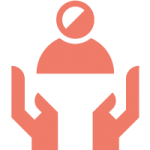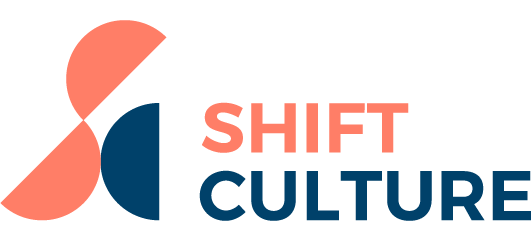
Creating a more inclusive society lies in guaranteeing the right to access all aspects of society and the autonomy of decision-making for all – irrespective of age, sex, gender identity, sexual orientation, ability, race, ethnicity, origin, religion, or economic or other status. It touches on all aspects of a diverse society: communication, accessibility, governance, leadership, and so on.
Diversity in leadership is key to bringing in different ways of working, thinking and being as a result of different experiences, characteristics, backgrounds, and ways of viewing the world. More diverse representation now can encourage a greater diversity of leaders in the future, breaking down conscious and unconscious assumptions about ‘what a leader looks like’.
The SHIFT project addresses inclusion as defined in the targets of UN SDG 10 for reduced inequalities, notably:
10.2 By 2030, empower and promote the social, economic, and political inclusion of all, irrespective of age, sex, disability, race, ethnicity, origin, religion, or economic or other status
This publication will follow on the categorisation as used in the SDG 10.2 with the addition of the characteristics of ‘sexual orientation’ and ‘gender identity’.
10.3 Ensure equal opportunity and reduce inequalities of outcome, including by eliminating discriminatory laws, policies, and practices and promoting appropriate legislation, policies, and action in this regard
The European Choral Association (ECA) led the journey with guidelines and research on how to reduce inequalities in cultural organisation and activities.
What to find:
- Handbook
- Annotated Bibliography
- Interviews
- Article on Cultural Projects
Topics we focused on:
- Diversity, Equity, Inclusion, and Belonging – Key Concepts and Culture
- Inclusive Governance: People, Policies and Processes
- Inclusive Action
- Making Communications more Inclusive
- Holding Inclusive Events


